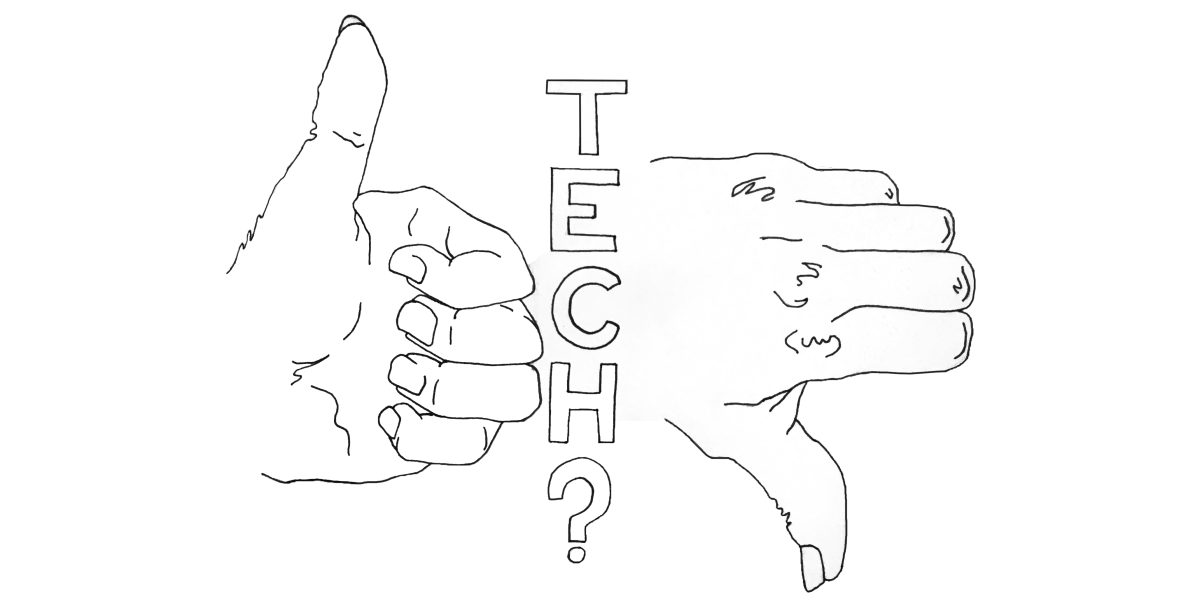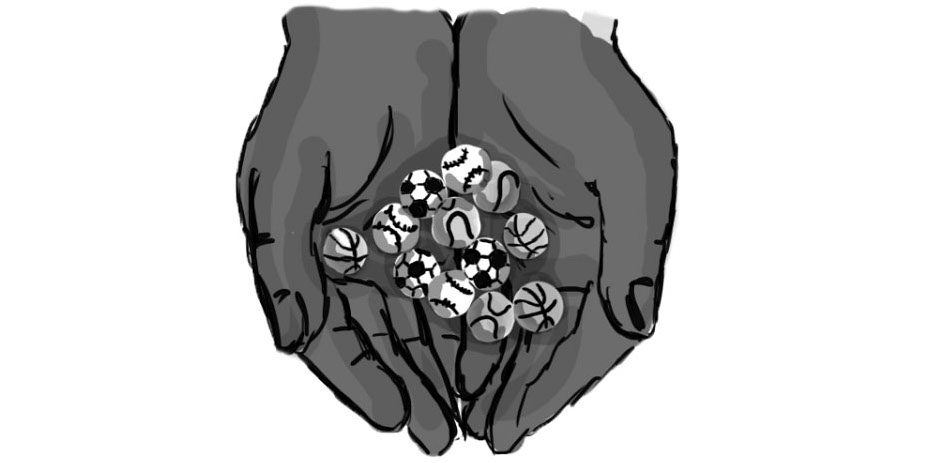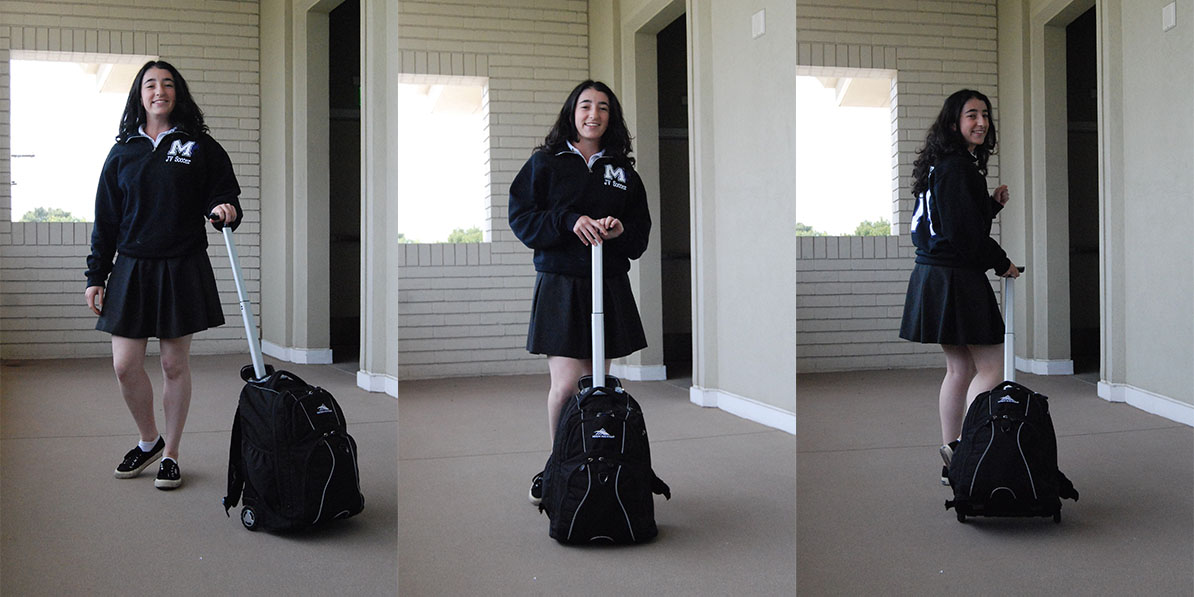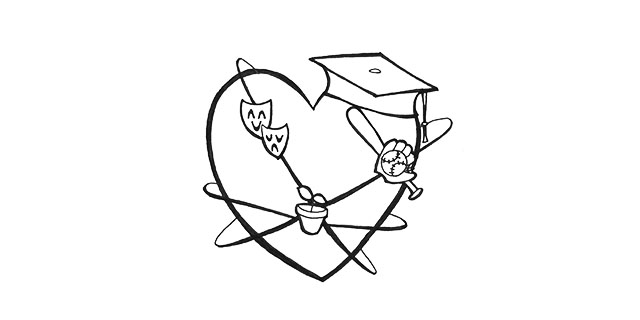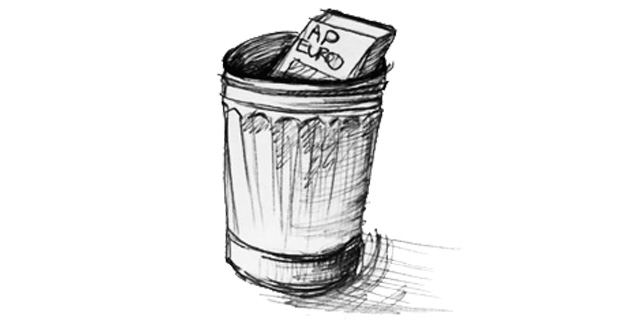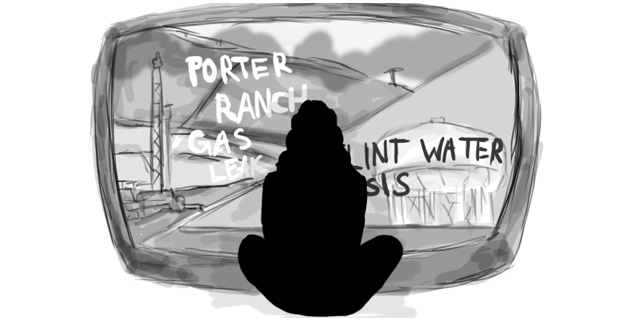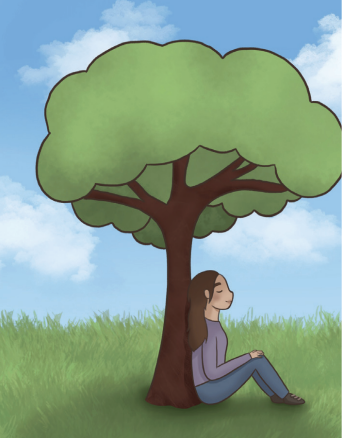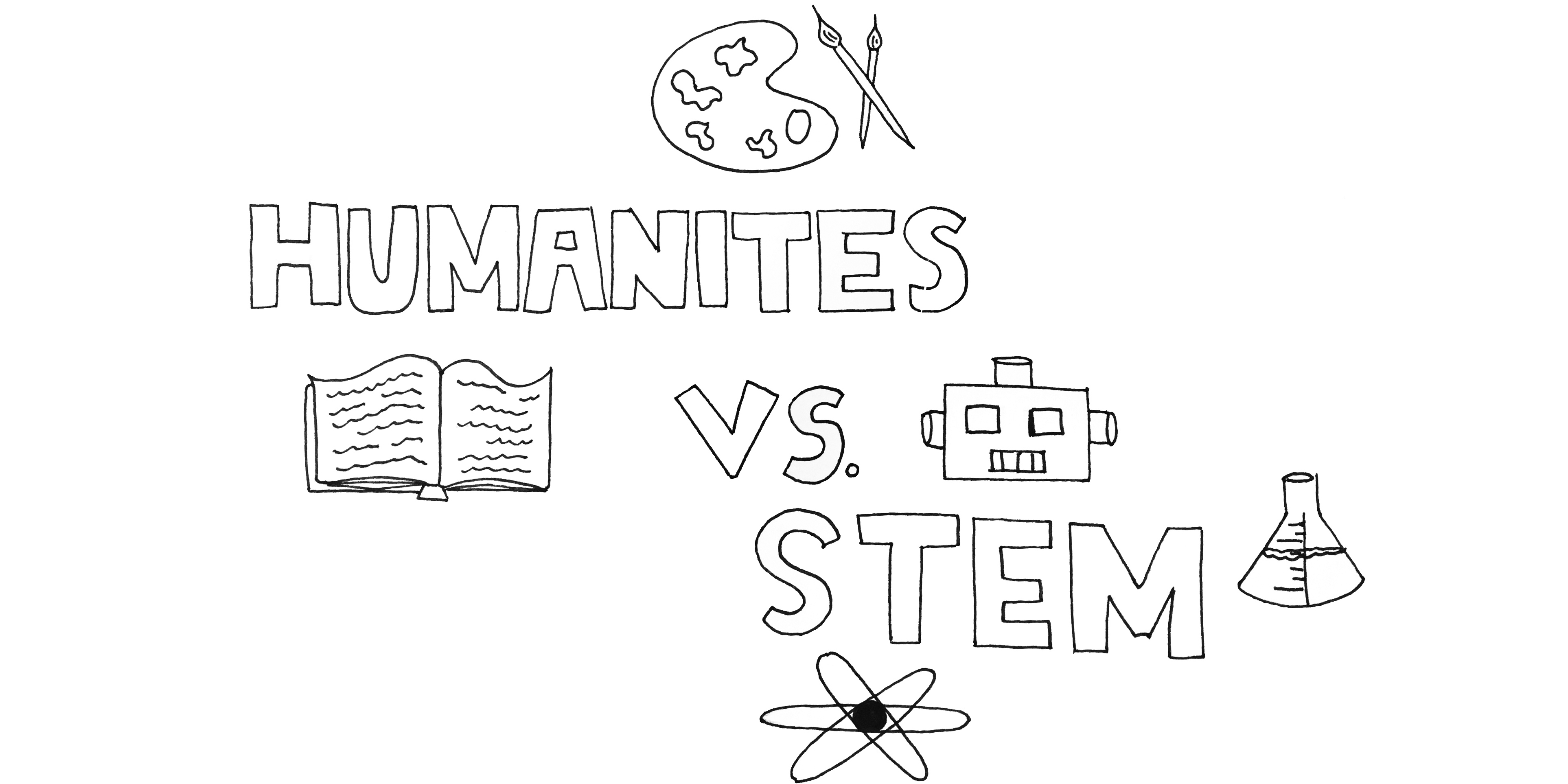
I’ve always loved stories. I’ve loved them at home—in TV shows and movies and novels; I’ve loved them at Marlborough, in essays and textbooks and anthologies—Peter the Great and Clarissa Dalloway and Napoleon Bonaparte and Prince Hamlet. Learning their stories, analyzing them, writing about them: it’s not always fun, but it is important. It’s important because they remind us of our own essential humanity. When presented with a story, we are presented with the opportunity to practice empathy, analysis, and critical thinking. By studying English and history and language and anthropology and philosophy, we study what it is to be a member of the human race. We absorb the stories and realities of people and characters with lives immeasurably different from our own, and we emerge, whether we know it or not, better—more aware and empathetic, more secure in our own identities.
I believe the humanities are important. More than that—essential. This is what makes me nervous as educational rhetoric continues to emphasize STEM, or the increasingly trendy STEAM: Science, Technology, Engineering, Arts, Mathematics. I propose changing this acronym to NH (pronounced “nuh”) for “Not Humanities.” As society marches rapidly towards progress in the form of new technologies, I believe it is critical that we carry with us an awareness of the human experience. One of the most laughably obvious signals of Marlborough’s increasing focus on STEM was the repurposing of former history instructor John “Doc” Langdon’s cavernous classroom into the robotics team headquarters. Doc’s room was a kind of mecca of the social sciences: posters covering the walls and ceiling, binders and books stacked on every available surface. The classes in which we used any modern technology at all were few and far between. He would project slides with an overhead projector, make us take notes by hand, and pass around handouts that were made on a typewriter (a typewriter!). We learned in the old way: drawing timelines that spanned across our living rooms, reading monumentally heavy hardcover textbooks, trying to move our pens fast enough to keep up with his lectures. Though there was a lot about Doc’s classes that required updating, it’s easy to feel a little nostalgic for a class in which studying did not involve staring into a computer screen.
Marlborough’s mission statement claims the school strives to produce “actively engaged global citizen[s],” and embracing, valuing and supporting the humanities is an essential step towards achieving this goal. School leadership can lecture the student body about the core values during All-School Meetings, but I believe confidence, excellence, community, and honor are best instilled in the classroom: specifically in small, discussion-based courses, like English classes and language and history seminars. Class after class of intellectual discussion about the intersections between modern feminism, The Scarlet Letter and the symbolism of The Great Gatsby encourage each student to find her voice, to form and share her own opinions and perspectives. I can only speak for myself, but I believe humanities classes have endowed me with much of the confidence and sense of sisterhood that I have come to cherish as my Marlborough days draw to a close.
I know that it is important to encourage girls to explore careers typically closed to them, like engineering and computer science. I also know that we cannot let girls’ education in the humanities fall to the wayside as STEM draws greater and greater attention. We need female engineers, yes, but we also need female senators, lawyers, historians, authors, journalists, screenwriters, directors, researchers and professors. What I propose is not radical, and not reactionary. I believe in the liberal arts, in the well-rounded education. I believe in Science, Humanities, Technology, Engineering, Arts, Mathematics. I propose a new educational buzzword: SHTEAM. Or, as it is also known: education.

